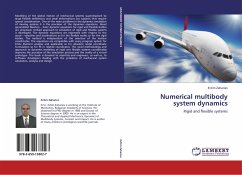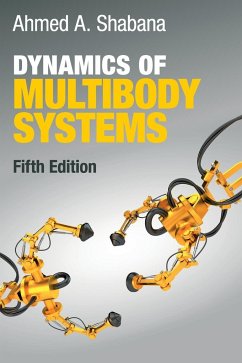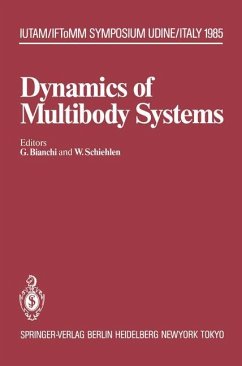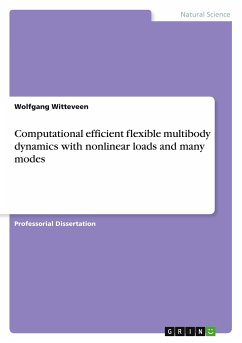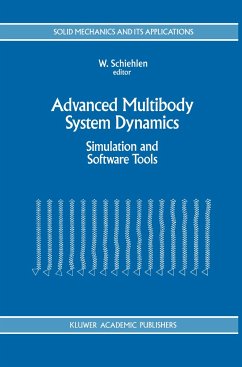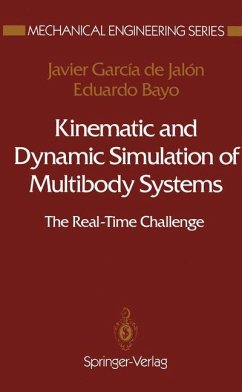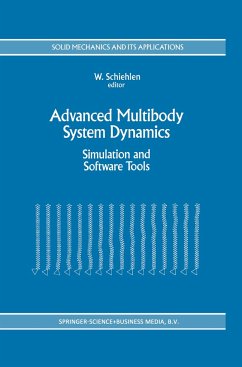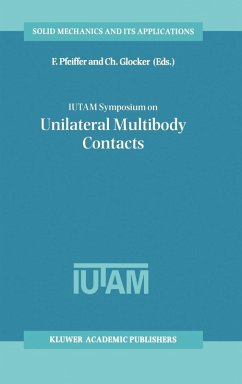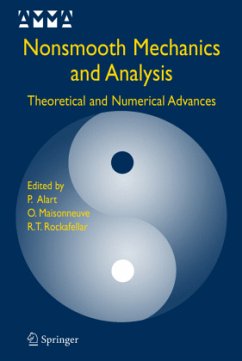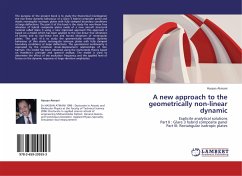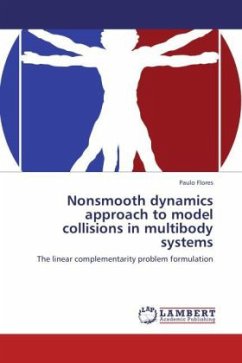
Nonsmooth dynamics approach to model collisions in multibody systems
The linear complementarity problem formulation
Versandkostenfrei!
Versandfertig in 6-10 Tagen
32,99 €
inkl. MwSt.

PAYBACK Punkte
16 °P sammeln!
The main objective of this work is to present general methodologies for contact-impact analysis under the framework of nonsmooth dynamics approach, contributing towards the multibody systems formulations. This desideratum is achieved by employing a solid mathematical and computational program on this field of investigation, that is, the formulations associated with non-smooth dynamics approach, the Lagrangian dynamic systems and the impact laws are taken into account. The dynamics of rigid multibody systems are stated as an equality of measures, which are formulated at the velocity-impulse lev...
The main objective of this work is to present general methodologies for contact-impact analysis under the framework of nonsmooth dynamics approach, contributing towards the multibody systems formulations. This desideratum is achieved by employing a solid mathematical and computational program on this field of investigation, that is, the formulations associated with non-smooth dynamics approach, the Lagrangian dynamic systems and the impact laws are taken into account. The dynamics of rigid multibody systems are stated as an equality of measures, which are formulated at the velocity-impulse level. The equations of motion are complemented with constitutive laws for the normal and tangential directions. In this work, the unilateral constraints are described by a set-valued force law of the type of Signorini s condition, while the frictional contacts are characterized by a set-valued force law of the type of Coulomb s law for dry friction. The resulting contact-impact problem is formulated and solved as a linear complementarity problem, which is embedded in the Moreau s time-stepping method.



